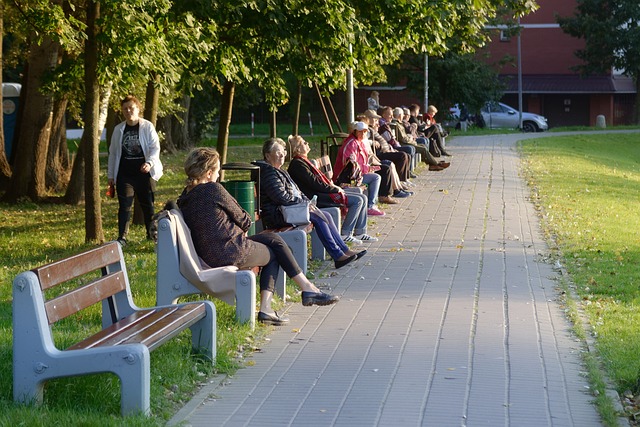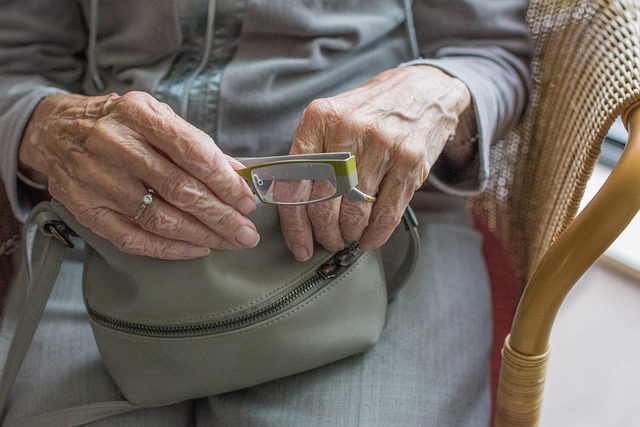Isolation among seniors is a growing concern, but Elderly Companion Services offer a vital solution. These services provide personalized companionship, assistance, and regular social interaction, preventing issues like anxiety, depression, and cognitive decline. By fostering community involvement, offering transportation to events, and facilitating intergenerational activities, companion services enhance the quality of life for seniors, ensuring they remain independent, active, and engaged in their communities.
Social interaction is vital for seniors, yet isolation poses a significant challenge in today’s fast-paced world. This article explores the profound impact of loneliness on isolated seniors and introduces effective solutions through Elderly Companion Services. By examining strategies that foster social engagement and overall well-being, we aim to highlight how these services can revolutionize senior care, ensuring they stay connected and vibrant in their later years.
- Understanding the Impact of Isolation on Seniors
- The Role of Elderly Companion Services
- Strategies to Foster Social Interaction and Well-being
Understanding the Impact of Isolation on Seniors

Isolation can have profound effects on seniors, impacting their mental and physical well-being. As the population ages, addressing social isolation among the elderly becomes increasingly vital. Seniors who lack regular social contact may experience heightened anxiety, depression, and even cognitive decline. They often miss out on opportunities for engagement, which can lead to a diminished quality of life.
Elderly Companion Services play a crucial role in combating this issue by providing companionship and assistance to isolated seniors. These services offer personalized support, ensuring that the elderly population stays connected, active, and engaged in their communities. Through regular visits, conversations, and shared activities, companions can alleviate loneliness, boost mood, and even assist with daily tasks, thereby improving overall senior well-being.
The Role of Elderly Companion Services

Strategies to Foster Social Interaction and Well-being

Creating opportunities for social interaction is vital for the well-being of isolated seniors. One effective strategy is to encourage community involvement through senior centers or local groups that offer activities tailored to their interests, such as arts and crafts, fitness classes, or book clubs. Technology also plays a significant role; virtual platforms and video calls can connect seniors with friends and family, reducing feelings of loneliness. Elderly Companion Services can further facilitate this by assisting with transportation to these events and providing companionship during interactions, ensuring safety and comfort.
Additionally, fostering social interaction at home is beneficial. This might involve organizing regular visits from neighbors or younger family members, creating a welcoming environment for guests, and participating in intergenerational activities. Community gardening projects or local volunteer programs are excellent ways to encourage outdoor engagement while building social connections. These initiatives enhance mental health, improve physical well-being, and enrich the overall quality of life for isolated seniors.
Social interaction is a vital component of an elderly person’s well-being, especially for those facing isolation. By recognizing the impact of solitude on seniors’ mental and physical health, we can actively foster meaningful connections through various strategies and, where necessary, leverage Elderly Companion Services to provide companionship and stimulate social engagement. These efforts not only enhance their quality of life but also create a supportive environment that allows isolated seniors to thrive.














